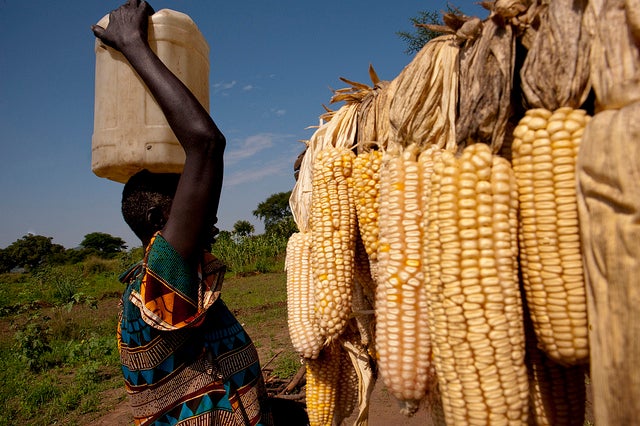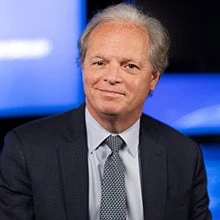
The recent UN declaration of famine in parts of South Sudan, the world's first famine since 2011, raised global alarm that at least 100,000 people are at immediate risk of starvation.
Adding to the troubling news, the U.N. estimates that about 20 million people are at a "tipping point," as famine stalks not only South Sudan, but Nigeria, Somalia, and Yemen. Crises like these, affecting some of the world's poorest and most vulnerable populations, require the urgent attention of global development agencies and their partners to meet both short- and long-term development needs.
The World Bank's fund for the poorest – IDA – is among those sending support to the frontlines. We recently announced a financing package under development of $1.6 billion to help fight the hunger crisis in affected countries, and we’re working to do even more.
At the same time, we’re developing long-term initiatives to help countries address the impacts of ongoing conflict, internal displacement and drought. Efforts to spur private sector growth are integral to our work to address one of the root causes of instability—unemployment.
Our response to these crises is testament to IDA's enduring and effective multilateral partnership. Just last December, a coalition of more than 60 donor and borrower governments agreed to a record $75 billion replenishment for IDA18, our next three-year round of financing, and far-reaching commitments to dramatically scale up our work on some of the toughest issues plaguing the world's poorest countries.
The replenishment brings good news in particular for the most fragile corners of the world. Since 1960, we've consistently achieved results that strengthen security and livelihoods for citizens in developed and developing countries. IDA18 is expected to continue our ability to turn out major results, including essential health and nutrition services for up to 400 million people and access to improved water sources for up to 45 million people.
Our current efforts to provide 9.5 million displaced persons in the Horn of Africa with basic social services and economic opportunities not only boosts living conditions, it reduces the risk of political instability and helps prevent crises from spreading.
Donor commitments and a suite of innovative financing tools will enable IDA to double resources (to more than $14 billion) to countries facing fragility, conflict and violence and address the root causes of these risks before they escalate. An additional $2 billion will support refugees and their host communities. Efforts to stimulate private sector development in fragile and conflict situations, at the core of job creation and economic transformation, will receive a major push in the form of a new $2.5 billion from IDA's Private Sector Window.
The world will never be crisis-free. But if we harness the best people and ideas, with a shared objective of working together across borders and lifting up humanity, we will most assuredly move closer to a better world for all.
Follow World Bank / IDA on Twitter at @WBG_Fin4Dev or join the conversation with #IDAWorks.


Join the Conversation